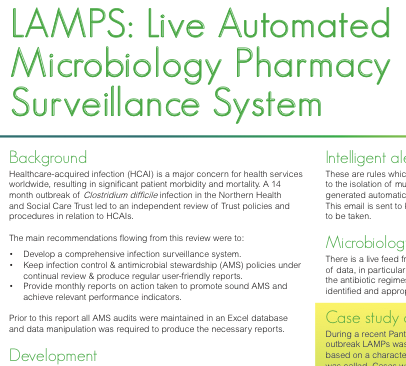
by MOIC | Mar 1, 2016 | Products
Live Automated Microbiology Pharmacy surveillance
Healthcare Acquired Infections (HCAIs) are a key concern for all health organisations worldwide, resulting in significant patient morbidity and mortality. A fourteen-month outbreak of Clostridium difficile in the Northern Health and Social Care Trust led to an independent review of Trust policies and procedures in relation to HCAIs. The main recommendations flowing from this review were to:
- Develop a comprehensive infection surveillance system
- Keep infection control and antimicrobial stewardship (AMS) policies under continual review and produce regular user-friendly reports
- Provide monthly reports on action taken to promote sound AMS and achieve relevant performance indicators.
A multidisciplinary team was established to address these recommendations. The team included microbiology consultants, pharmacists, infection control nurses and representatives from a local company, Yarra Software Ltd. A new, bespoke solution for antimicrobial surveillance, Live Automated Microbiology Pharmacy Surveillance system (LAMPs) was developed.
Practical applications
Antimicrobial stewardship: Weekly audits of adherence to antimicrobial policies and the use of all restricted antibiotics within the Northern Health and Social Care Trust are entered by clinical pharmacy teams on the ward. After validation of the data by both the antimicrobial pharmacist and microbiologist, the software produces various graphs. These are available promptly for inclusion in quarterly reports for the Antimicrobial Management Team and Infection Prevention Control and Environmental Hygiene Committee. The software automatically generates and emails an Excel spreadsheet of the data on a monthly basis to the antimicrobial pharmacist. This facilitates production of stewardship reports to be made available to the ward Medical, Nursing and Pharmacy staff.
Intelligent alerts: Intelligent alerts are rules which are defined and can be modified by the user. Alerts to the isolation of multi-drug resistant bacteria are set and an email is generated automatically by the system 24 hours a day, 365 days a year. This email is sent to key recipients thereby enabling rapid remedial action to be taken.
Microbiology epidemiology: A live feed from laboratory software allows real time analysis of data, in particular organism sensitivity and resistance patterns to the antibiotic regimes being used. This enables resistance trends to be identified and appropriate steps taken to address.
In the future the aim is to extend LAMPs across Northern Ireland in order to achieve a fully integrated surveillance system incorporating both primary and secondary care.
MOIC LAMPs Poster
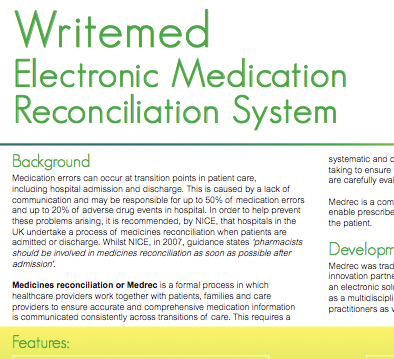
by MOIC | Mar 1, 2016 | Products
Electronic Medication Reconciliation System
Lack of communication at transition points in patient care may be responsible for up to 50% of medication errors and up to 20% of adverse drug events in hospital. To help prevent these problems it is recommended by NICE that hospitals in the UK undertake a process of medicines reconciliation when patients are admitted and discharged.
Along with commercial partners, an electronic system for medicines reconciliation has been developed. This system ensures uniform recording of patient medication details in real time and the medication description is populated from the NHS dictionary of medicines and devices (dm+d). Any issues with regards to the patient’s medicines at admission are addressed and any changes made during their hospital stay are accurately recorded.
Integrated process
The medication information recorded on the system is used to form the basis of the discharge medication list. This list is pre-populated from the medicines reconciliation record, leading to decreases in transcribing errors and the use of uniform descriptions with legible instructions. The information, at discharge, is integrated into the Trust’s patient centre system and can be accessed as a document in the patient’s electronic care record (ECR). It is also forwarded to primary care and is accurate in relation to medicines, taking account of all changes, together with reasons, that occurred during the hospital stay.
The system can be interrogated to produce reports to analyse the information recorded. This system links with the pharmacist intervention system (EPICS) and in the future will be linked with the Trust incident reporting system (DATIX), ensuring an integrated process for the pharmacy team. This greatly improves the safety and quality of medicines used in treating patients. The next stage will be full electronic uptake into primary care systems to give a fully integrated cohesive system for medicines management which ensures accurate communication across the interface.
MOIC Writemed Poster
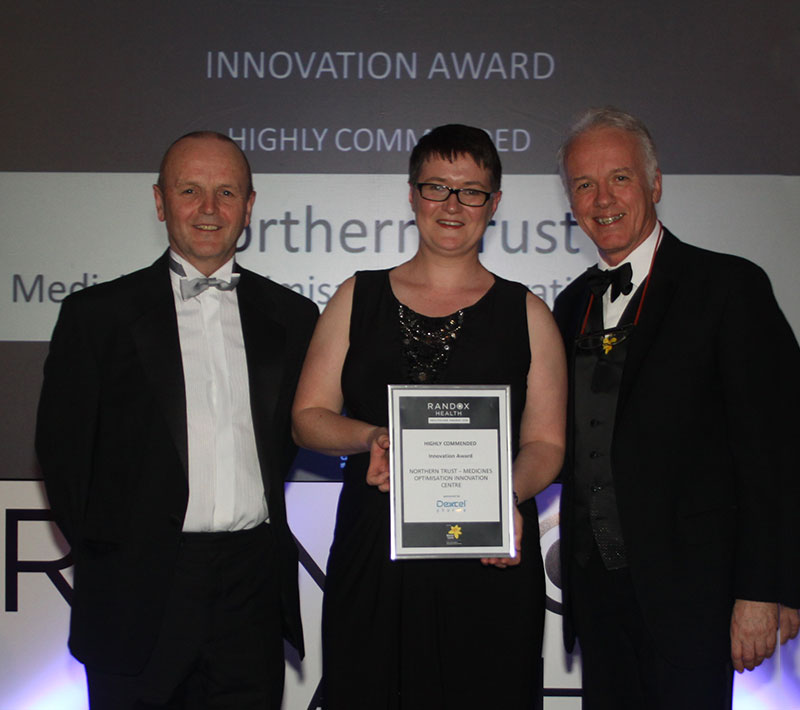
by MOIC | Feb 24, 2016 | News Release, Press
The MOIC is the Highly Commended winner in the Innovation Category at the Healthcare Awards 2016. The awards set out to recognise and reward best practice in the wider healthcare sector, with categories spanning medicine, nursing, community care, dentistry, research and a number of other areas.
The MOIC was the Highly Commended winner in the Innovation Category. The Innovation Award sets out to recognise innovation towards improving the quality of healthcare and the health of the region. This could be via service improvements, new ways of working, new treatments and/or technologies or effective research into service and/or products. The award is open to both individuals and teams inside and outside the NHS.
The Healthcare Awards in support of Marie Curie was launched in December 2015 and was staged at the Clandeboye Lodge Hotel in Bangor on 4 February 2016.

Healthcare Awards 2016. Application Final. 7.1.16
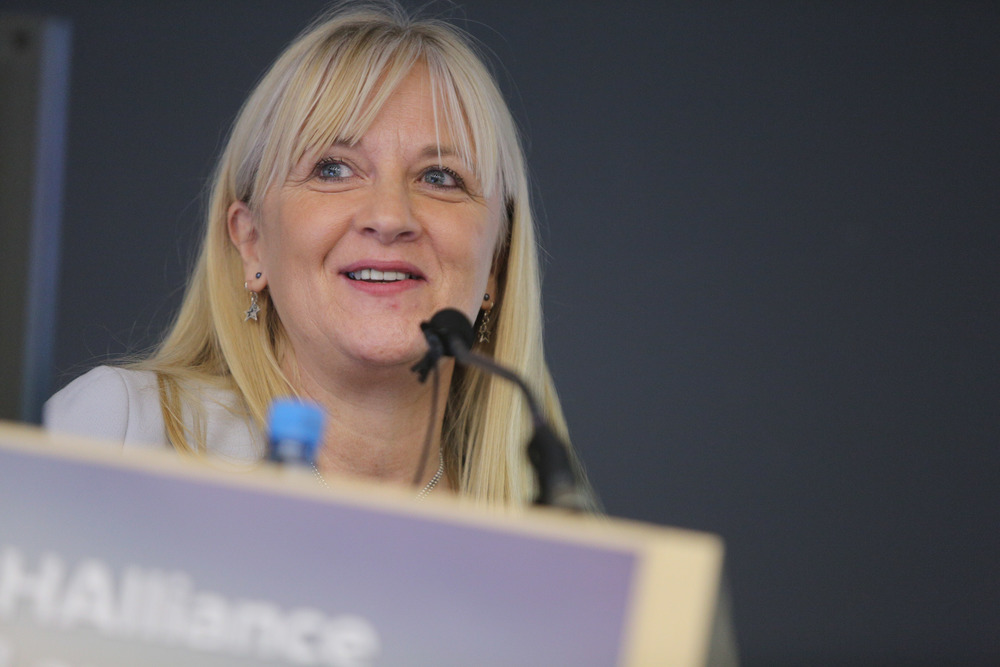
by MOIC | Feb 18, 2016 | News Release, Press
In the opening speech of the launch event of the Slovenian ECHAlliance Ecosystem the chairman of ECHAlliance Brian O’Connor said: ‘Please applaud the organisers of this event, you’ve prepared a great strategy and plan, and here we are witnessing a great launch event.’ In cooperation with CORAL Europe & HealthDay.si ECHAlliance launched the Slovenian ECHAlliance Ecosystem on 18 February 2016 in Ljubljana. European Connected Health Alliance (ECHAlliance) is an initiative that connects different stakeholders in health and social care in now already 30 ecosystems mainly in Europe, but also in North America and China. HealthDay.si is a community of health-tech companies, startups and other interested organisations that has been organising events and other activities since October 2014 with the aim to help innovative projects and companies in reaching out to global markets.
Integrated care
One of the key speakers was Dianne Gill, ECHAlliance Northern Ireland and Assistant Director MOIC. Dianne explained that in Northern Ireland, where integrated care was introduced to the whole country, positive results are already visible. ‘We have focused on patients not on processes when we introduced our integrated care programs. The results have been very good, the amount of medications used has decreased, hospital stays went down, we are now in better control of waiting times.’ It’s true that their work has been made easier by the support of their government. ‘The ministry for health and ministry for enterprise and trade have signed a memorandum, by which they have exhibited their support for the integrated care projects.’
http://www.healthday.si/
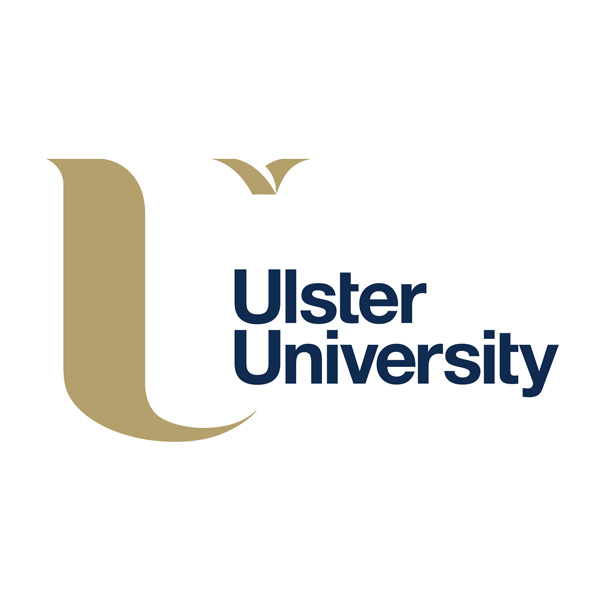
by MOIC | Feb 5, 2016 | partners
The School of Pharmacy and Pharmaceutical Sciences at Ulster University in Coleraine are delighted to be working in partnership with the Medicines Optimisation Innovation Centre (MOIC) at the Northern Health and Social Care Trust. Our collaborative research with the Northern Trust has been established for several years. Through this partnership with MOIC, the Pharmacy Academic Practice Research Group will continue to work with secondary care colleagues and at the primary/secondary care interface on research which is focussed on aspects of pharmaceutical care that have a direct impact on the patient journey and patient outcomes.
More information: http://www.science.ulster.ac.uk/pharmacy






